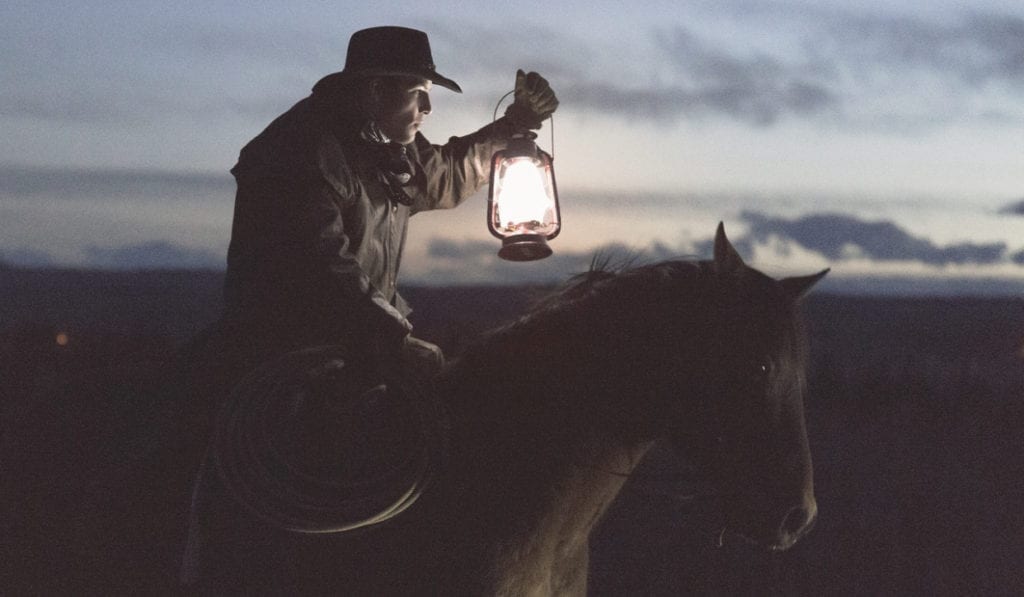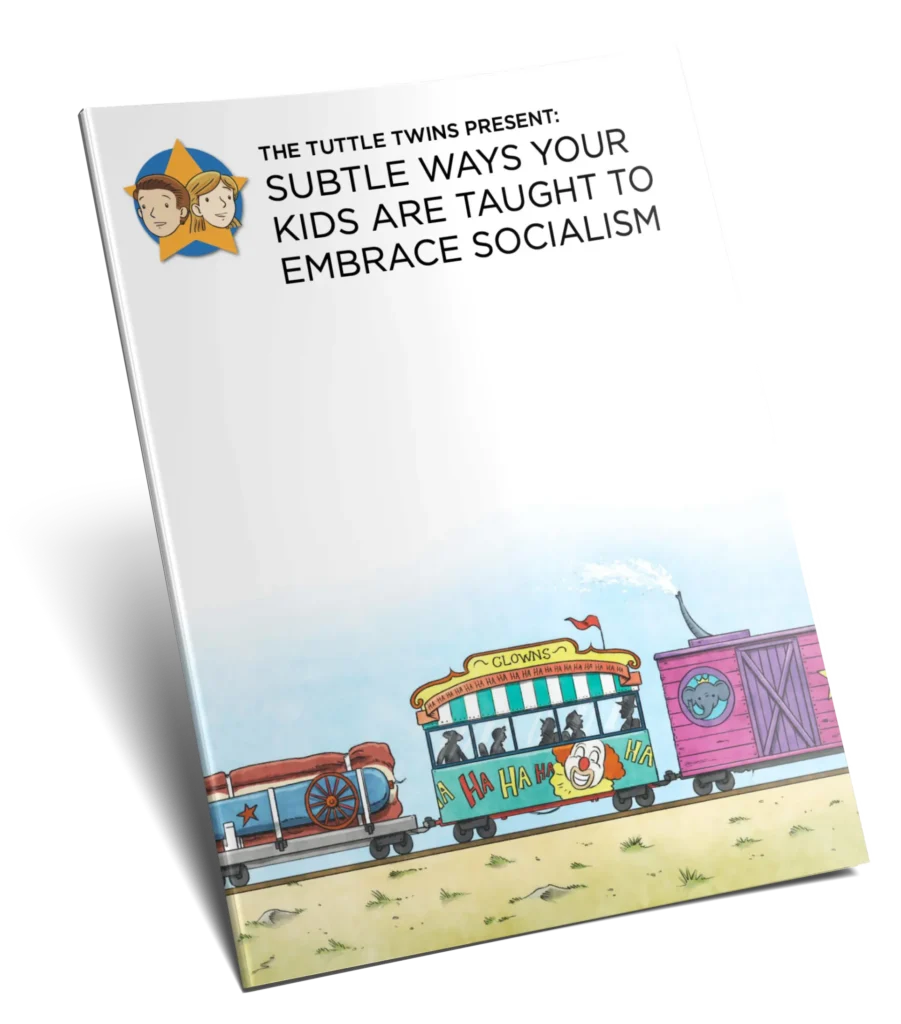
Happy Friday!
I was going to write about this crazy photo showing how kids in a local music class are now supposed to play their instruments through their masks, but I decided not to. I mean, do any of us really need to see another example of the insanity that is everywhere right now?
A two minute scroll through any social media will show you more crazy than you’d normally encounter in five years’ time, so what’s the point—really—in me sending an email talking about it?
I was talking to a friend earlier who said, “Look, the whole world is on fire. We all know it (at least those of us who are paying attention) so what’s the point in talking about it all the time? People are desperate for good news.” And it’s true. So without further ado, here’s some good news.
 A radio host turned entrepreneur in Nigeria just won an award for drastically changing the lives and increasing the wealth of farmers throughout his country. Seven years ago he went to a local market, chasing a story on agriculture, and found that a ton of food gets wasted between the fields and people’s kitchens. Although about 6,000 tons of fish a day was harvested, only about 2,000 of it was actually sold. The rest of it either ended up rotting or being preserved in some way that yielded less of a profit than if it had been able to be sold fresh.
A radio host turned entrepreneur in Nigeria just won an award for drastically changing the lives and increasing the wealth of farmers throughout his country. Seven years ago he went to a local market, chasing a story on agriculture, and found that a ton of food gets wasted between the fields and people’s kitchens. Although about 6,000 tons of fish a day was harvested, only about 2,000 of it was actually sold. The rest of it either ended up rotting or being preserved in some way that yielded less of a profit than if it had been able to be sold fresh.
He decided to do something about it, and voila! Cold Hubs was born. He created a 100% solar-powered refrigeration unit that could be rented for only $1 a day and had the capacity to refrigerate all the produce and fish that came into a local market. Here’s the cool thing:
ColdHub fridges can extend the life of fruits and vegetables from two to 21 days. This increases vendor and farmer profits by 25% on average, says the company. It also increases entrepreneurial energy among the users, as literal days of their life are freed up from having to spend time buying, sourcing, shipping, or throwing away extra produce.
The inventor said that, “Tackling food spoilage is important because, according to the International Food Policy Research Institute (IFPRI), it is estimated that a 10% reduction in global food loss will result in an 11% decrease in hunger, and a 4% decrease in child malnutrition worldwide.”
“In Nigeria, a 35% reduction in post-harvest tomato loss alone would [impact] vitamin A deficiency for up to 1.1 million children per day,” he added.
So not only is his invention helping farmers save time and money (thus increasing their wealth) but it’s also helping reduce hunger, and fight malnutrition! There are just so many wins in this story. My personal favorite is the line that tips its hat to Frederic Bastiat’s That Which is Seen, and That Which is Not Seen.
It’s a classic economic case of ‘what is seen and what is unseen.’ And Ikegwuonu, Nigeria, and even the world, might never understand how much entrepreneurial, educational, or economic advances could arise from ColdHub’s presence in the country.
So yay for Bastiat (I like him so much I based our first book, The Tuttle Twins Learn About The Law, on his The Law) and yay for regular people seeing a need and dedicating time and talent to filling it. The inventor was recently awarded $50,000 for his work, and is reinvesting it to help more villages. The world would be a better place with more people like Nnaemeka Ikegwuonu.
 And then there’s the story of fifteen year old Joseph Beer, who is autistic and has ADHD, and started to struggle for need of purpose and routine when his special school was closed in the lockdowns in March. He’s started going on daily walks with his mom, and noticed that the hedgerows were growing too tall and obstructing important signage, and that street signs were becoming too dirty to read. He worried that drivers and pedestrians might be at risk, so he took matters into his own hands.
And then there’s the story of fifteen year old Joseph Beer, who is autistic and has ADHD, and started to struggle for need of purpose and routine when his special school was closed in the lockdowns in March. He’s started going on daily walks with his mom, and noticed that the hedgerows were growing too tall and obstructing important signage, and that street signs were becoming too dirty to read. He worried that drivers and pedestrians might be at risk, so he took matters into his own hands.
His mom says that he gets up early every morning and heads out with a trailer that he’s rigged to pull behind his bike. He comes back hours later, filthy and worn out from scrubbing and trimming, showers up, and prepares his gear to head out again the next day.
Neighbors took notice and set up a GoFundMe in effort to thank him for his time and dedication to the community. They ended up giving him over a thousand bucks, but instead of buying a new bike, or a cool gaming system, Joseph chose to donate it to a local food bank that was helping families struggling to eat during the shutdowns. His mom said, “We are absolutely blown away with everything he’s done. His dad and I are so proud.”
I bet they are! What a great example Joseph is of taking responsibility for his community! I wish more adults had his spirit—can you imagine how obsolete the government could become if everyone felt the same sense of responsibility for their communities as Joseph? It reminds me of The Tuttle Twins and the Fate of the Future, when the neighborhood gets together and envisions different ways that communities could thrive without coercive government interference.
Finally, a personal favorite.
I read about this last week and almost want to road trip the west coast just to check it out: Kevin Costner has launched an app called HearHere that plays recorded short stories of pretty much every place of historical significance across Oregon, California, and Washington.
“I am in love with history. I am in love with Country. I am in love with all the edges, all the disappointments, all the progress—all worth knowing,” writes Costner, who explains that HearHere is the perfect compromise between himself, a lover of history, and his kids, who regularly moan in protest because Costner inevitably stops at every roadside brown historical marker during their annual road trips.
“We’re launching HearHere with stories for California, Oregon, and Washington. Soon, we’ll canvas the US with more than 10,000 stories for you to enjoy.”
I relate to Costner here. I, too, am a history dork who can sometimes bore his family with stops at brown markers along interstates and byways, so the idea of something like this is pretty exciting to me. Maybe my family will respond more enthusias tically to Kevin’s award-winning voice than my own.
tically to Kevin’s award-winning voice than my own.
But hey, at least I didn’t make Waterworld.
There’s a pretty cool video that gives some more information about the project—I recommend checking it out. Plus, the app is on sale through the end of the month.
So that’s just a bit of good news for today. Awesome entrepreneurs, good samaritans, and Kevin Coster doing boring, dork things we need more of. I hope these stories brightened your day.
Yeah, the world is burning. But that doesn’t mean there isn’t still some pretty great stuff happening out there (like the huge sale we’re having right now that gives you loads of Tuttle Twins content for just $60).
I’d love to hear any “good news” you’ve got to share. Maybe we can start highlighting some of it on our social media accounts—I think we are all a little starved for some uplifting content, and hopeful messages.
Also, you can always go check out our new podcast, The Way the World Works! It’s great for the whole family (I’d say kids age 10 and up), and even though we discuss important or complex topics, we always keep it uplifting and empowering.
There’s a lot of good out there still. We just have to be a little more dedicated to finding it these days.
Happy hunting!
— Connor

